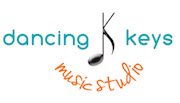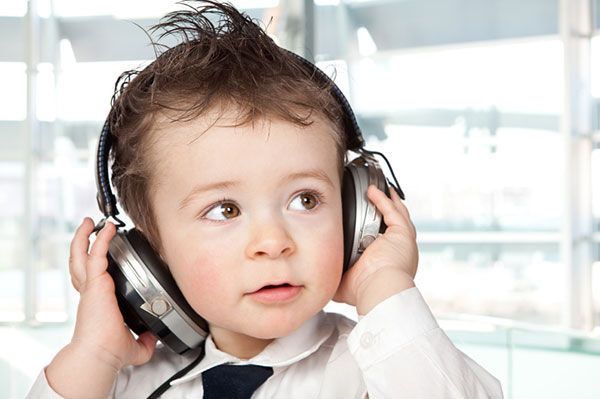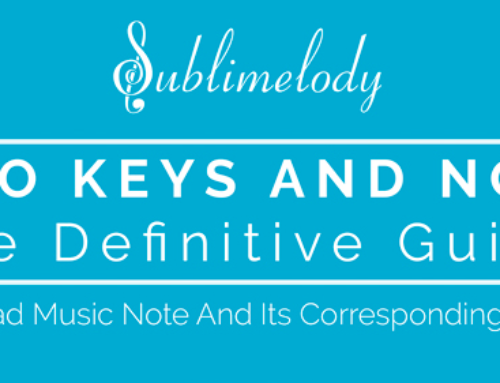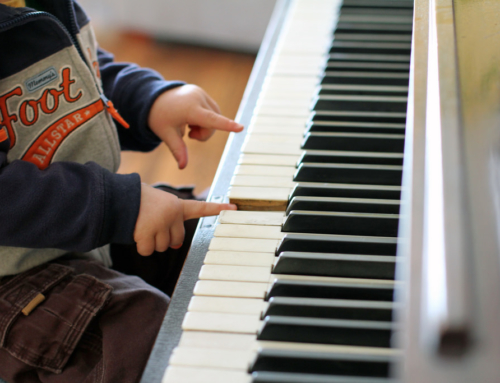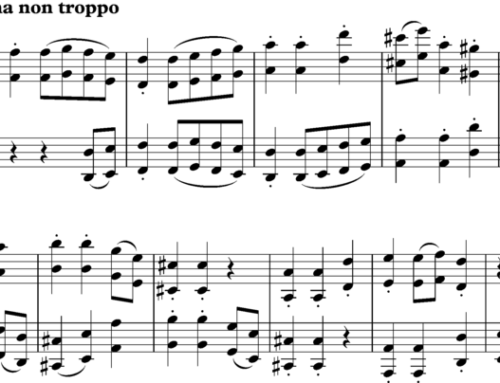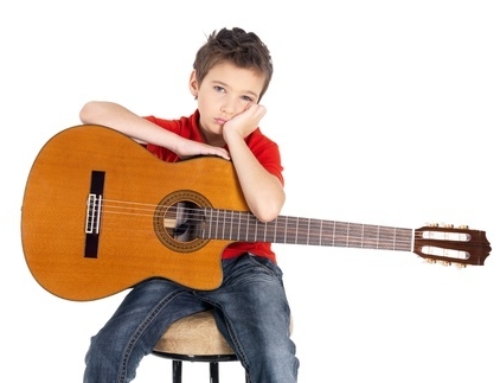Music is one of the most powerful things in existence, with the ability to positively impact many things. When observing the workings of a brain listening to music, you can see that it gets the brain and the mind fully active. It has been proven that music is able to improve things such as math skills, reading and even the school attendance of students at times. It makes you wonder how many other things that can be improved by the power of music. To understand this, a group of scientists attempted an interesting experiment called the “Symphony Study”, which we will discuss in this article.
When a child grows up, the parents take them often to a doctor to check if they are growing at the rate of an average healthy child. For this, there are many growth charts with physical attributes such as height and weight put under an average growth curve which can be compared to any child. However, we never see similar charts for the growth of one’s mind.
What if in a few years, perhaps by the year 2020, we can make growth charts for our brains? What would we do with that knowledge? What if we knew that something like music could actually impact different brain areas because of its all-encompassing nature, and might specifically help underdeveloped brain areas to fully develop?
When scientists tested the children in the areas of rhythm and cognition, they saw that each and every child can be vastly different from each other. Then the question was that how each of our individuality, the constellation of skills, talents, likes, dislikes; how does that depend on our brain the exact developmental path that our brain is taken versus someone else’s, and what can we do.
Music seemed like a very good answer because of many related experiments did so far in the field. However, the Symphony Study wanted to find whether music really targets specific areas of circuits in the brain and if so, how does that link up to the increased abilities in other domains.
Symphony Study
The Symphony Study was started at the baseline age before anyone started learning English. The measurements of rhythm and cognition were taken at the baseline and over several years. These include a series of both behavioral and brain measures that covered the overall intelligence, cognition, and personality.
The concept of rhythm correlates with language and attention as well. Kids with a better sense of rhythm showed better performance in those areas. The observation was that the accuracy of rhythm improves over time for those who learn music. They improve more consistently. They did better in language perception as well. Moreover, motor planning and motor execution areas in the brain also were observed to increase in activity with music.
Music is important and music and kids are a great combination!
Training music is not only to train musicians. It can benefit people of all ages even the ones who think they’re not musical. It’s why piano lessons matter!
Ready for piano lessons for yourself or your child? We can help.
